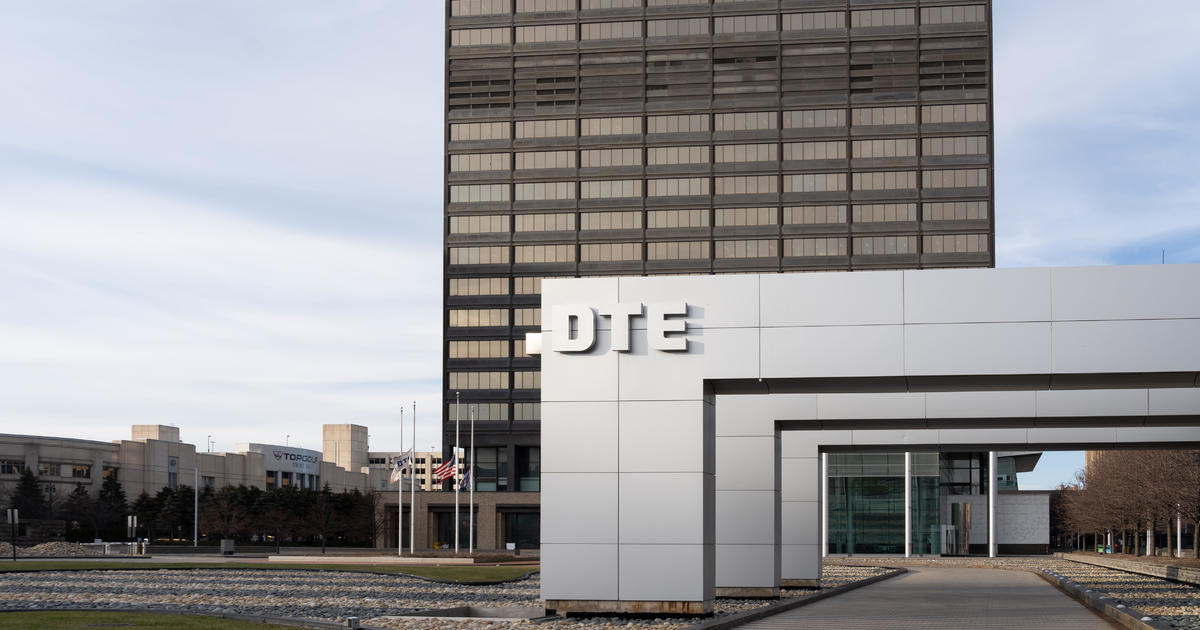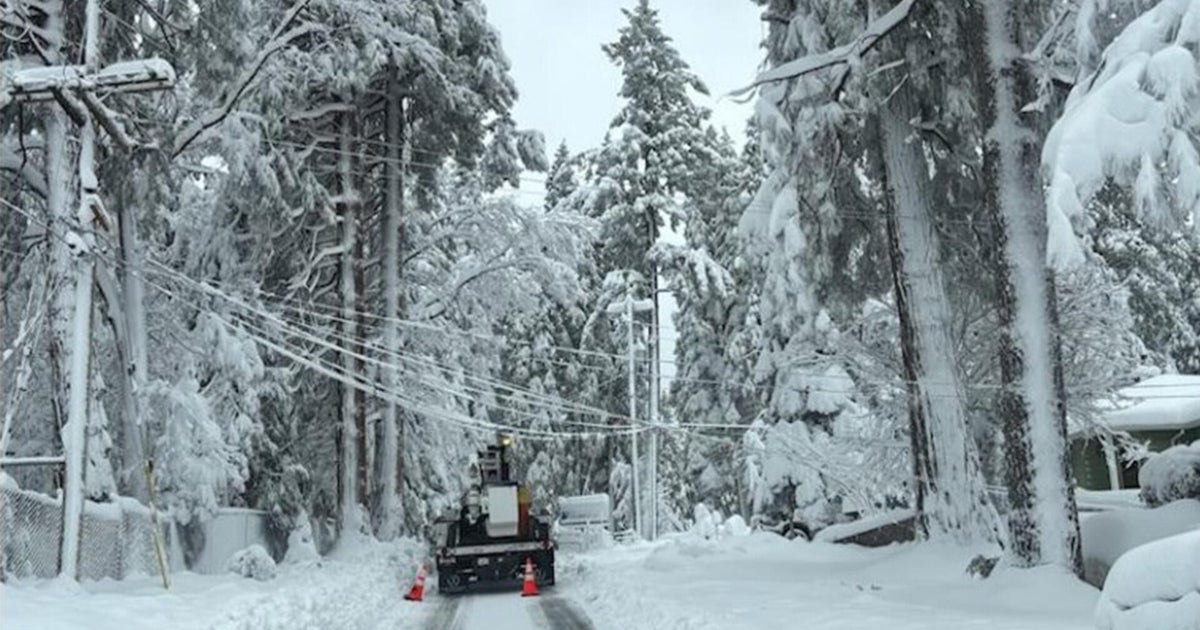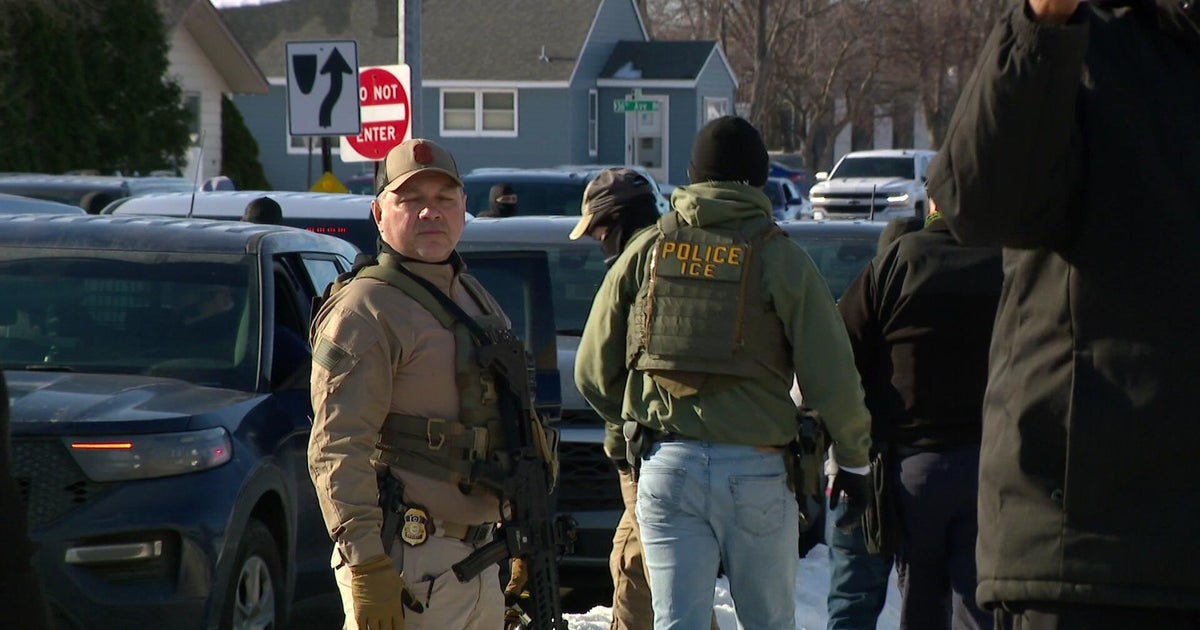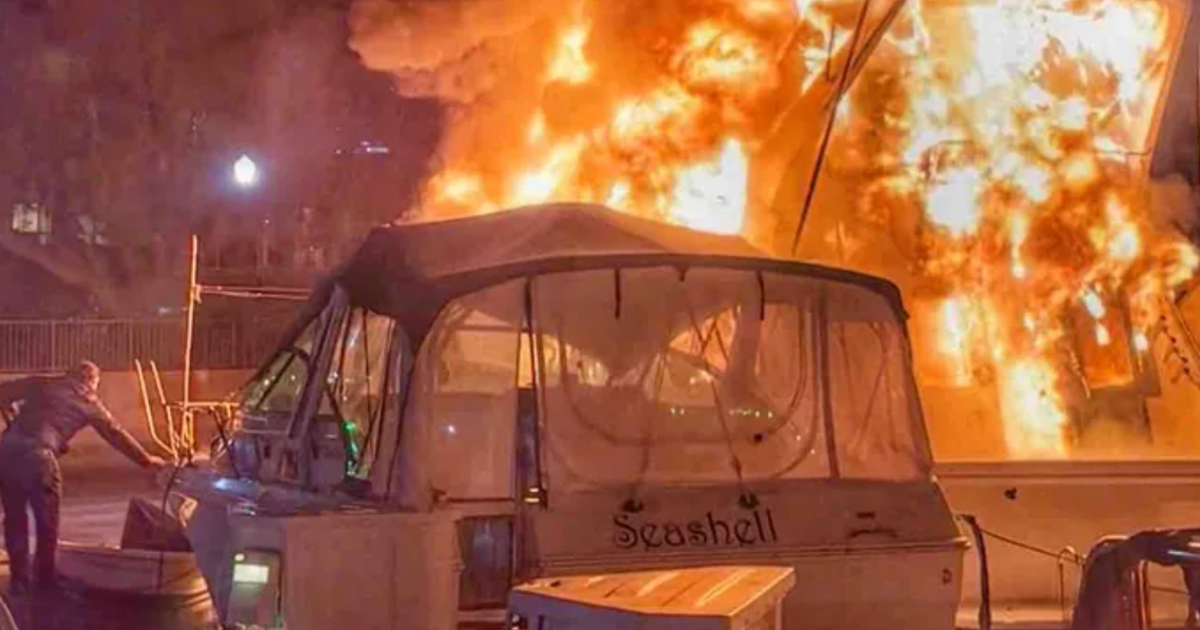Illinois plans to go carbon-free by 2050, yet some municipalities continue to depend on coal-fired power
PLAINFIELD, Ill. (CBS) -- Illinois plans to be running on 100% clean, carbon-free energy by 2050 – but some Chicago suburbs, among them Naperville and St. Charles, are considering increasing their commitments to coal-fired power.
Some concerned residents have been complaining that burning coal obviously is not going to help Illinois with its clean energy goal. They want to see the state push for energy without a heavy carbon footprint.
More than 12 million tons of heat-trapping carbon dioxide are spewed from one Southern Illinois coal-fired power plant, the Prairie State Generating Station 36 miles southeast of St. Louis, just last year. The emissions put the plant on a top 10 worst list in the country, per the U.S. Environmental Protection Agency.
The generating station is contracted by the Illinois Municipal Electric Agency, or IMEA, which provides power to dozens of municipalities. A few of them Chicago's western suburbs such as Naperville, St. Charles, and the North Shore suburb of Winnetka.
"It's certainly among the largest of the coal plants operating in Illinois," said Howard Learner of the Environmental Law and Policy Center.
Current considerations on contract extensions for the Prairie State Generating Station reflect a continued reliance on coal. This has people with climate concerns, such as west suburban mom Vanessa Sula, speaking out.
"I actually started therapy recently because I'm having climate anxiety," said Sula. "This is the world we are giving to our babies."
Sula didn't just reach CBS 2. She is also reaching out to local and state legislators to push for clean energy in Illinois.
"It's coal-based electricity production, and the nation and the world as a whole is going towards less fossil fuel-based and more sustainable energy production," Sula said.
Learner was the founding chair of both the Illinois Citizens Utility Board and the Midwest Energy Efficiency Alliance.
"It's a bad deal environmentally," Learner said of the reliance on the downstate coal-fired power plant, "at the very time Illinois is moving in a policy direction of saying let's clean up our energy system."
Learner emphasized that Illinois' goal for clean energy by 2050 is possible.
"It's ambitious, it's practical, it's doable," he said.
But that description only applies when everyone has the goal in mind - and it doesn't include coal.
"Take it to a referendum - bring it to the public," said Learner. "Ask the public, do you want solar power and more wind power and more energy efficiency, or do you want more coal?"
CBS 2 reached both the Illinois Municipal Electric Agency, or IMEA, and the Prairie State Generating Station. They responded with the following statements:
Prairie State Energy
Prairie State provides great value to the communities we serve, generating affordable and reliable power while working to close the gap between today's technologies, the region's current energy needs, and long-term carbon reduction goals, including those outlined in CEJA.
Prairie State operates under very stringent environmental standards and is committed to serving as a bridge to a cleaner energy future, evaluating ways to reduce carbon emissions while also maintaining energy production needed to properly support the transition to intermittent sources such as wind and solar. This role has taken on added importance following warnings by the North American Electric Reliability Corporation, the nation's grid reliability watchdog, that the pace of implementing new energy policy now directly threatens reliability.
Importantly, Prairie State's not-for-profit owners are currently insulated form market volatility, especially when compared to the historic unpredictability of natural gas prices. A 2023 report from the think tank Energy Innovation, in partnership with the University of California-Berkeley, concluded that Prairie State's costs are break even with highly-subsidized renewables.
We continue to evaluate all potential options to reduce carbon emissions. All long-term operational decisions will reflect our mission to provide value to the communities we serve through the production of reliable and affordable power, while providing jobs and maintaining economic prosperity for hardworking men and women across downstate Illinois.
IMEA
IMEA is a wholesale provider of power. We have an entire portfolio of energy sources including wind, solar, coal and hydro. This portfolio provides our members with reliable and affordable power.
The request of our member cities to extend their contract with IMEA for power supply is necessary so that we can significantly increase our investment in renewable resources, diversity our portfolio, and keep prices low for the residents we serve throughout the suburbs.
So far, according to the IMEA, 10 municipalities have agreed to expand their energy contracts until 2050.
The cities of Naperville and St. Charles, the Village of Winnetka, and the City of Princeton – located in Bureau County about two hours west of Chicago – also all issued statements about their relationships with the IMEA.
Princeton
Princeton has a 40 year relationship with IMEA as our power provider. The Princeton City Council recently voted to extend our contract with IMEA for several reasons. With IMEA as our power provider, Princeton is able to provide stabil cost to avoid price fluctuations as well as reliable and sustainable power as we transition to carbon free energy for our citizens and businesses.
St. Charles
IMEA is the St. Charles primary source of energy. We have about 130 megawatts of peak energy each year. St. Charles has not expanded their contract with IMEA beyond 2035 yet, the City Council is still considering.
IMEA can secure the most predictable, affordable, sustainable energy for our electric customers at this time. They also have a plan to secure renewable energy sources and meet the rules and regulations outlined in the State's climate bill by 2050.
Winnetka
IMEA is the Village's wholesale supplier for electric power and energy.
IMEA has presented the contract extension to the Village Council. The Village Council has until April 30, 2025, to make a decision regarding the contract extension. No formal action has been taken at this time.
Naperville
IMEA has offered all 33 members a contract extension. Naperville hasn't begun discussions on the IMEA contract extension, but we have been looking to seek additional information to help us plan for what our future looks like post 2035.







